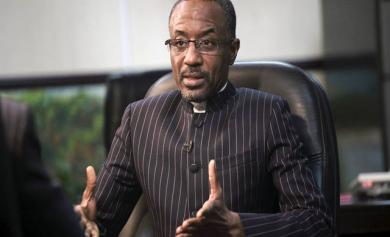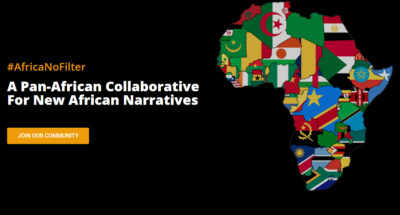
The governor of the Central Bank of Nigeria (CBN), Sanusi Lamido Sanusi, yesterday said the apex bank has given approval-in- principle to Stanbic Bank to operate non-interest (Islamic) banking in the country.
Sanusi, who spoke at an international conference on non-interest (Islamic) banking in Abuja, said Stanbic Bank has six months to comply with the approval terms, adding that other financial institutions had also indicated interest in the banking model in the country.
According to him, “the CBN created a supervisory and regulated guideline. Following the release of this banking law, the banks have been given approval-in-principle and expected to comply with the requirements of operating this system of banking. Also, Stanbic Bank has applied and I hereby announce that it has been given approval-in-principle to operate Islamic banking, and other institutions have also indicated interest to operate non-interest banking”.
He stated that the Nigerian guideline has been ranked as one of the most robust in the world and assured that the apex bank would provide the enabling environment for Islamic banking to thrive in Nigeria.
Sanusi had said in March that he wanted to establish Nigeria as the African hub for Islamic banking and was working on a regulatory framework to emulate the success of the industry in Malaysia.
Islamic banking products, which are sharia-compliant, do not charge interest on financing. Profits or losses are instead shared with the borrower, meaning they discourage unnecessary speculation and spread risk.
Sanusi had also maintained that he was looking at Islamic finance as a way of diversifying the country’s financial system and was planning to issue the first sovereign sukuk within the next 18 months.
However, giving a breakdown of the role of this banking system in the country, he argued that the major problems confronting the establishment of Islamic banking in the country were proper understanding and the nature of Nigerian politics.
He maintained that the efforts would be enhanced to continue to educate people on the issue, and stressed that whoever felt it was illegal could go to court.
Also speaking on the occasion, the permanent secretary of the Federal Ministry of Finance, Danladi Kifasi, lauded the policy, saying that it was an alternative flow of financial intermediation.
“ It is based on profit and loss sharing. Although the system is based on Islamic principle, it is not a religious product; it is a business that is accessible to all irrespective of religious affiliation. It is all about promoting financial infusion in Nigerian economy and ultimately it is economic progress and development.
?


